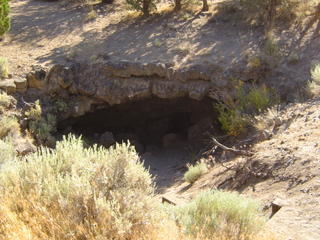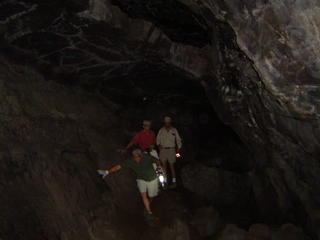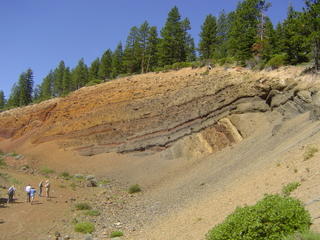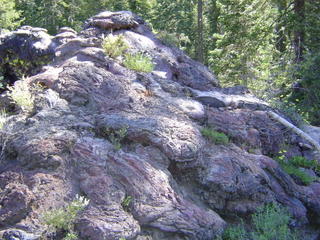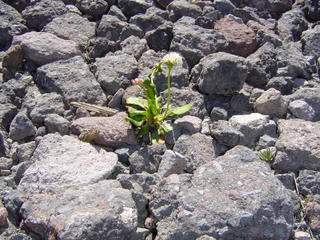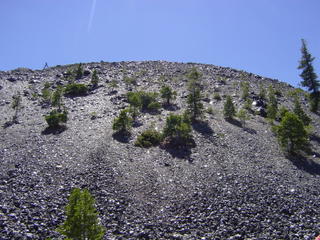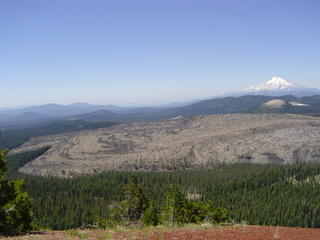Lots of thoughtful comments.
Chris asks
how these courses ought to be taught. In some ways, that's a more important question than which courses should be taught. Many ed programs do include these classes, but poorly taught, so what's the point?
Others point out that the degree should be split into separate programs by grade level and/or subject area. I absolutely agree; my master's degree is in secondary science ed. I wasn't initially trying to design a whole
school of education, just one program, but some of the problems with my program could be fixed if I focused more narrowly. So, I'm going to shift my focus to what I think a middle school science teacher should do to prepare.
And I left out teachers of the arts, physical education, etc. completely, again an issue of a really broad focus.
Coach Brown is absolutely right that you'd be hard-pressed to find people willing to go through this whole degree process to make $35,000. Then again, in NY, that's pretty much what you have to do. A master's degree plus a subject test, a general-knowledge test, and a teaching-test are necessary for permanent certification. Starting salaries in NYC are in the $40,000 range (keep in mind the cost of living before you decide to move to NYC!). We are caught in a vicious cycle: low salaries and the need for more and more coursework in order to make more money create an incentive to take classes cheaply, and since, to some extent, you get what you pay for, these classes tend to be low-quality, morale-killing experiences, which perpetuates the perception of teachers as lazy/unintelligent and our knowledge and preparation as touchy-feely, lacking in rigor, and is not really needed anyway... and if that's how you perceive teachers, why would you pay them more? I don't know how to break this cycle, I really don't.
Getting back to the HOW.
For the CONTEXT courses, I envision these being taught as appropriate to the discipline. For example, the history of ed course would be taught as a good history course is taught, the law class in the format of a good law class, and so on. I will give an example of how this might work in law (see below). I don't have as much experience with the other disciplines but I know there must be best practices in terms of how historians learn to be historians, how policy analysts learn to analyze policy, etc. Regardless, the would-be teachers should write their little tails off, but the writing assignments should feel useful to them - they should be asked to consider a range of positions and clarify their own ideas about how education fits into the social, political, legal, and historical contexts.
One of my best classes at Stanford was entitled Children, Youth, and the Law. We read decisions, we read newspaper articles about decisions, we read background about the social and political setting at the time of the decisions, we read about the structure of the courts, the internal workings of the Supreme Court (fascinating!), and about some of the foundational laws (14th Amendment, etc.) used in these cases. In class, we briefly reviewed the facts and discussed the reasoning behind the decisions. We debated whether test cases lead to good law. It was hard work, it was incredibly interesting, and it required disciplined thinking and writing. We researched specific areas of law and wrote a final paper, and we took a test where we read a hypothetical case and identified the rights and interests and possibly applicable laws and precedents. At the end of this class, I had decided to become a child advocacy lawyer and eventually a Supreme Court justice.
In a program preparing teachers, I would expect a lot of the hypothetical cases to be focused on issues likely to arise in the year-to-year life of a teacher, such as abuse and neglect, special ed law, etc.
I was also thinking since last night that perhaps the Comparative Education class should be an option like the others on the list.
As for the PSYCH/DEV/COG classes, these should be tightly coupled with students observing real children. Whenever possible, teachers should observe the same topic in
more than one setting, to get a sense of the strengths and weaknesses of different approaches. When it comes to issues like autism, giftedness, learning disabilities, etc., the important things for a teacher are to understand at least the basics of what is known about causes and symptoms, be able to recognize it in a child (fairly and consistently), and know what steps to take to modify instruction or the classroom environment appropriately to help each child learn. Time spent observing should be followed up with specific prompts for reflection and discussion. Future teachers could also review available materials and develop (and workshop) their own.
The Child & Adolescent Development class should also include observations and reflection on what was observed, and, I think, a focus on developmentally appropriate activities. One assignment might be to look through the state standards for one's subject area and critique them in terms of what is known about children's thinking skills at different ages; I find some of the standards included for middle school to be awfully abstract given that many children of this age are still pretty concrete. Accompany the critique could be a challenge to take the standards, for better or for worse, and translate them into learning objectives and activities that
are developmentally appropriate.
Learning & the Brain 1 can use a combination of textbook materials from cognitive science and actual scientific papers. Obviously, the stats/understanding research course would be prerequisite to this if needed by the student. I also envision students critically analyzing (and perhaps revising) teaching materials (created by themselves or others) based on their knowledge of how people learn.
On to the METHODS courses. As I said in yesterday's post, every teacher ought to have a grounding in literacy and math instruction. We can complain and complain about the demands placed on us to teach reading or measurement or whatever, and whine about how under-prepared students are, or we can come in knowing that it is our job - whatever we teach - to reinforce and extend these basic skills. Period.
As for writing... I hope that at least some work on writing happens in the required literacy course. And I absolutely agree that teaching writing is everyone's job. I thought about requiring it, but I was trying not to make everything required! This is one of those weaknesses of my rough draft that might be fixed by breaking it out into different courses required for different levels/subject areas. The teaching of writing would be a required course for English teachers and all elementary teachers, and subject area teachers should have a course focused on teaching writing in their subject area.
I might not have included enough methods courses. For science, I think topics to include would be scope & sequence, generally from K-12 and in more detail for the level the teachers are planning to teach; common misconceptions and how to overturn them so that learning sticks; inquiry-based science and how to design inquiry activities; lab safety and procedures; choosing a science textbook and using it well; and so on. I'm not sure how much actual science content should be included. Having majored in science as an undergraduate ought to make content review unnecessary, except that one does not always end up teaching the same area of science as one majored in. One solution would be to have teachers practice the
process of getting up-to-speed on an area that one hasn't studied recently; teachers could pick an area a bit outside their expertise, then brush up on it, identify the most important things for students to learn, and design a unit to teach that material. This is what real teachers have to do all the time, and by doing it a few times as a student and getting feedback, the would-be-teacher would be given the tools to do it as often as necessary. This seems more practical than trying to review all topics in science just in case one ever finds oneself teaching it.
Give a man a fish, teach a man to fish, etc.Interdisciplinary Curriculum Design would include observing interdisciplinary units being taught in real schools, maybe watching video tapes or sitting in on teachers planning such projects, and designing a couple of units for practice.
Obviously, the Classroom Management courses would be linked to student teaching and observation and a huge amount of reflection.
I think you get the idea by now - a good course, in my opinion, involves reading the foundational literature of a discipline, reflecting on it, and grappling with it in one's teaching context. In order to not waste would-be-teacher's time, they need to be in classrooms a LOT, so that the units they design get tested at least once per term. However valuable the comments of one's classmates or professors, no one can give you feedback on a lesson design or classroom management strategy quite like your students can!
More questions & comments?




